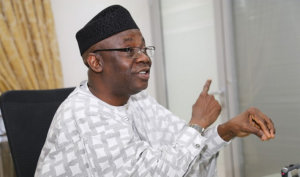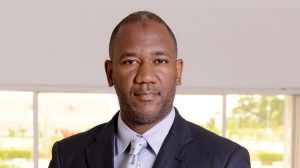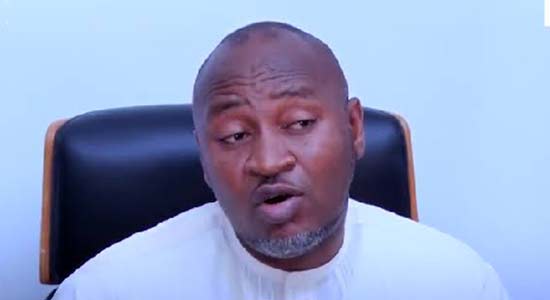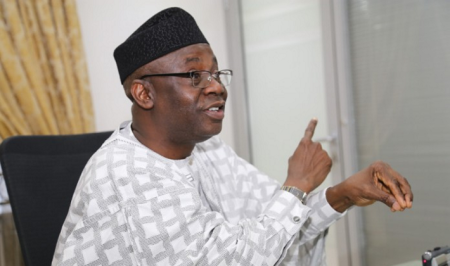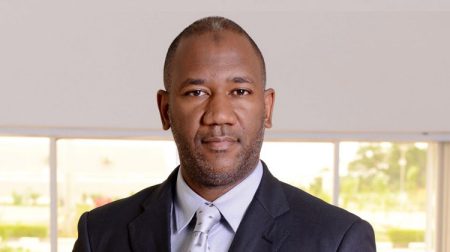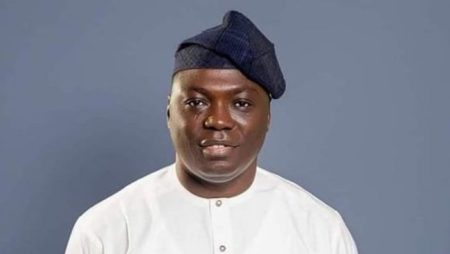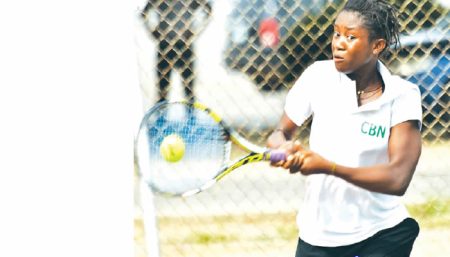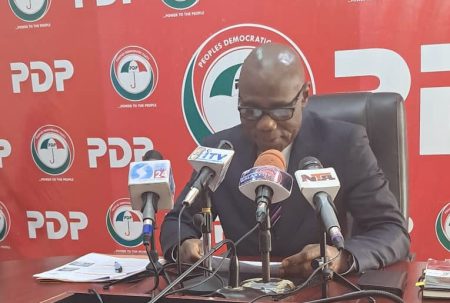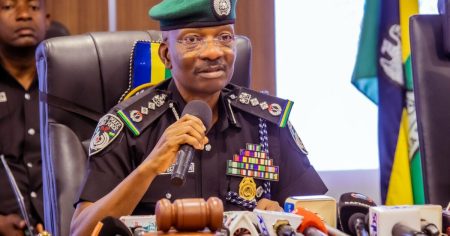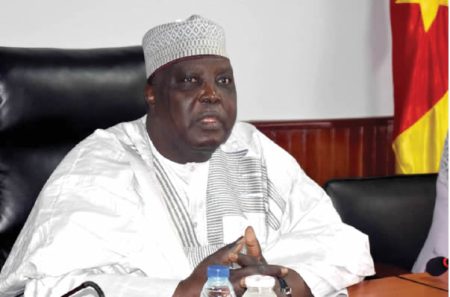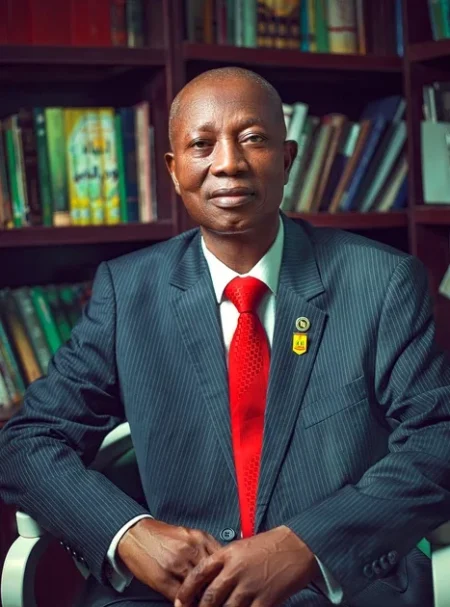The political landscape in Nigeria is rife with intrigue and maneuvering as the 2027 presidential election looms on the horizon. Dumebi Kachikwu, a prominent figure within the African Democratic Congress (ADC), has leveled serious accusations against fellow opposition politicians, claiming they have effectively hijacked the party’s structure to pave the way for former Vice President Atiku Abubakar’s presidential ambitions. Kachikwu alleges that a recently launched coalition, ostensibly formed to challenge the ruling All Progressives Congress (APC), is nothing more than a carefully orchestrated façade designed to benefit Atiku. This revelation casts a shadow over the coalition and raises questions about the true intentions of the involved parties.
At the heart of the controversy is the involvement of Peter Obi, the Labour Party’s presidential candidate in the 2023 election. Obi, a key figure in the newly formed coalition, recently announced his intention to run for president again in 2027, despite remaining a member of the Labour Party. This move has fueled speculation and raised eyebrows, particularly in light of Kachikwu’s accusations. Kachikwu contends that Obi’s sudden realization of the coalition’s true purpose, allegedly to bolster Atiku’s candidacy, has prompted him to reconsider his involvement. This perceived shift in Obi’s stance further underscores the underlying tensions and potential power struggles within the opposition ranks.
Kachikwu’s assertions paint a picture of political manipulation and hidden agendas. He argues that the ADC, a party with a potential to offer a viable alternative to the ruling APC, is being systematically co-opted to serve Atiku’s presidential aspirations. This alleged hijacking of the party’s structure raises concerns about the democratic process and the potential for undermining genuine opposition efforts. Kachikwu’s staunch opposition to this alleged manipulation highlights the internal divisions and power struggles within the ADC and the broader opposition landscape.
The accusations of a pre-ordained outcome for the 2027 election raise fundamental questions about the fairness and transparency of the political process. Kachikwu’s claims suggest a deliberate attempt to manipulate the system for personal gain, undermining the principles of democratic competition. His vow to resist these alleged machinations and enlighten the Nigerian populace about their political rights underscores the growing awareness of the need for greater accountability and transparency in the political arena. He presents himself as a champion of the people, determined to expose the alleged manipulation and empower citizens to exercise their political power effectively.
The unfolding drama within the ADC and the broader opposition coalition highlights the complexities and challenges of building a united front against the ruling party. The alleged hijacking of the ADC, the shifting alliances, and the accusations of hidden agendas expose the fragility of opposition unity and the potential for internal divisions to derail any concerted effort to challenge the APC’s dominance. The situation underscores the need for genuine collaboration and transparency within the opposition ranks to build a credible alternative and offer voters a real choice in the upcoming election.
Kachikwu’s outspoken criticism and his determination to expose what he perceives as political maneuvering position him as a key player in the evolving political landscape. His allegations, if substantiated, could have significant ramifications for the 2027 presidential race and the future of the opposition in Nigeria. The coming months will likely witness further political maneuvering and realignments as various factions within the opposition jostle for position and attempt to shape the narrative leading up to the election. The outcome of these power struggles will ultimately determine the viability of a truly competitive political landscape and the potential for meaningful change in Nigeria’s political future.


